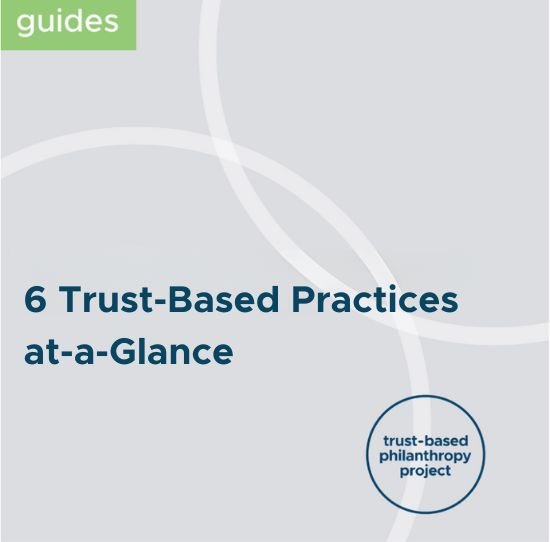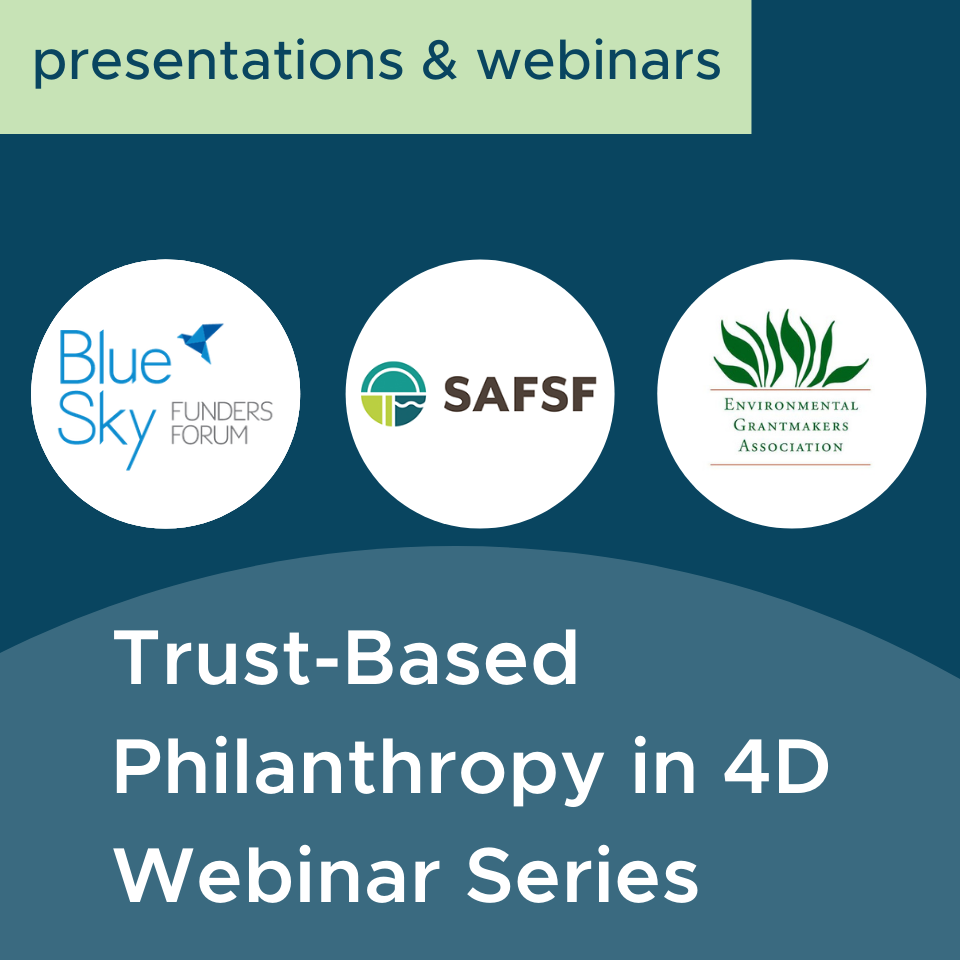Do the Homework
It is the funder's responsibility to get to know the issues and organizations in their funding landscape, saving nonprofits time in the early stages of the vetting process.
Steps You Can Take
Reduce pre-proposal requirements for grant applicants
Use available public records to understand a prospective grantee’s purpose, programs, leadership, and financial standing
Look beyond your usual circles to identify organizations that are aligned with your foundation’s values and vision, but that may be overlooked due to implicit bias
Revisit your grantmaking criteria to understand how it may be giving preference to more established or well-funded organizations, with the goal of having it center the needs, experiences, and priorities of the people closest to the issues you seek to address
The Difference It Will Make
Alleviates power imbalance by putting the onus of due diligence on the grantmaker
Saves grantees from wasting time on unnecessary paperwork in early vetting stages
Paves the way for a more trusting and rewarding relationship with grantees
What It Looks Like
“Rather than using a formal application process, we invite prospective grantees to submit an application or proposal they have already submitted to another funder, and if we need more information, we follow up to get that. We spend the time to get to know a prospective grantee partner up front. Whenever possible, we meet with them at their offices, and go to sessions, classes, or conferences they are leading.”
- Phil Li, Robert Sterling Clark Foundation
From the Blog
TBP Resources












